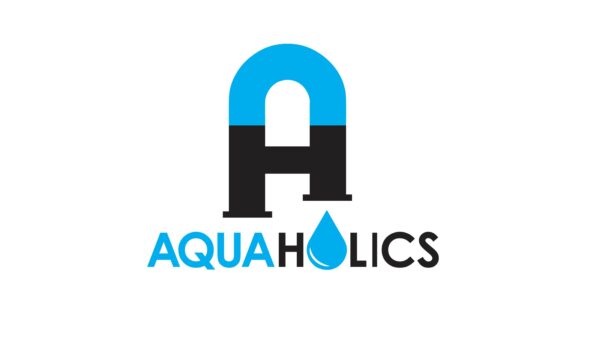The Government has confirmed that the COVID-19 vaccine will not be made mandatory for the wider New Zealand workforce.
Speaking to the Education and Workforce Select Committee, Minister Michael Wood noted that there was a health order requiring border workers to be vaccinated by a certain date, but outside of that there was nothing that would allow employers to require current employees to be vaccinated.
Despite this statement, the Government was also reported to be considering expanding mandatory COVID-19 vaccinations for some frontline health workers treating COVID-19 patients. This suggests that the categories of employees requiring mandatory vaccinations is still open for debate.
With the vaccine available to the wider public as of September 1, Tania Reweti (Senior Associate) and Patrick Anderson (Associate) from Cooney Lees Morgan, provides an update on her February article below with regards to employment law and the COVID-19 vaccine.
Employers can require new employees to be vaccinated
The Minister confirmed that employers could include requirements for new employees to be vaccinated but this will depend on the nature of their role.
The Department of Conservation has recently confirmed that it is requiring all new hut wardens, campground hosts and visitor centre staff to be vaccinated as they’ve assessed these roles are at a higher risk. Sudima Hotels is considering implementing a similar policy, with their CEO saying hotel staff are higher risk because of their contact with guests and going into guest’s rooms.
While a fully immunised COVID-19 status might well become the new “must tick” item on a prospective employee’s CV, for the millions of existing employees, employers will by and large have to rely on incentivising, encouragement and persuasion to get their employees to sign up for their COVID-19 jab.
Vaccination incentives
Some employers have already started incentivising staff to get vaccinated. North Canterbury lines company MainPower has taken a strong stance by introducing a “take two for the team challenge”.
If the company reaches its target of getting 90 per cent of its workforce fully vaccinated by 1 December 2021, the company has pledged to give every employee who is fully vaccinated a day of special leave.
As lockdown restrictions ease across the country throughout September and October 2021, many more employers will be looking for ways to encourage their employees to get fully vaccinated as soon as possible.
Roles requiring vaccination
The New Zealand Bill of Rights Act 1990 (BORA) protects the right of everyone to refuse to undergo any medical treatment. This means that, as a general rule, employers cannot force their employees to get the COVID-19 vaccine.
However, an employer could require those working with a high risk of contracting and transmitting COVID-19 to be vaccinated in order to comply with the Employer’s obligations under the Health and Safety at Work Act 2015 (HSWA).

At present this might only apply to frontline workers in healthcare, aged residential care, or other workplaces where frontline staff are more likely to come into contact with the virus or are exposed to vulnerable people. However, if the current Delta outbreak worsened or a future outbreak was not able to be contained, the types of roles requiring vaccination as a “reasonably practicable step” under the HSWA to protect workers and the public from the risk of spreading COVID-19 might expand further.
If a worker in a role that requires vaccination chose not to vaccinate, the employer would have to consider any redeployment options available. Termination would only be considered justified in limited circumstances. The employee may have a legitimate reason for refusing vaccination (such as a medical condition) and there may be other options to address the risk. These could include moving the employee to a lower-risk role or requiring the employee to undertake specific COVID-19 protocols such as working from home.
Do you have a COVID-19 policy?
Introducing a COVID-19 Policy is another way that employers can encourage employees to vaccinate, engage with those employees who choose not to vaccinate, and communicate how your workplace intends to manage future lockdowns and any risks arising from the ongoing challenges presented by COVID-19.
We recommend seeking legal advice before making any changes to your employment or health and safety policies. If you need help navigating employment or health and safety law requirements (including those related to COVID-19 issues) contact Tania Reweti or Patrick Anderson and the CLM team will be happy to assist.
Want more top tips, advice and insights? Check out our news section.
















































